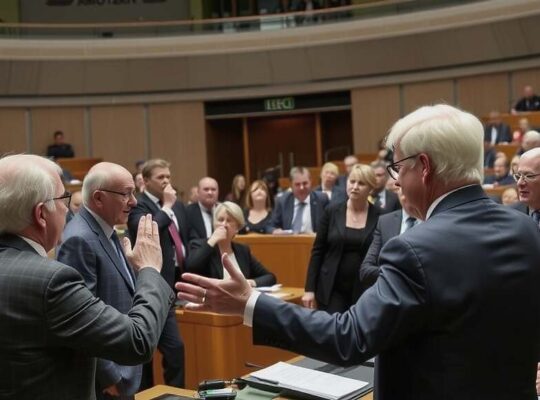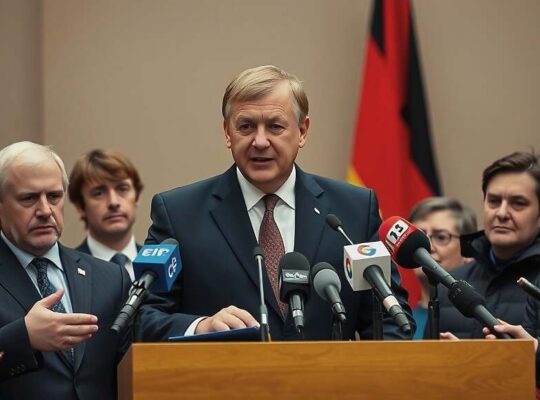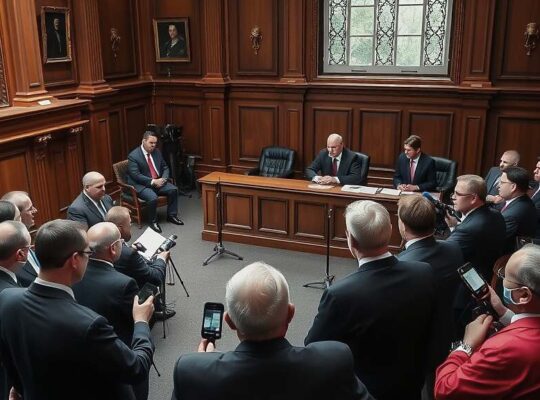Germany’s top military officer has forcefully argued for the conscription of all young men, directly challenging compromise proposals being debated within the Bundestag regarding potential recruitment methods. General Inspector Carsten Breuer, head of the Bundeswehr, insisted that a complete assessment of all male cohorts is “indispensable” to ensure Germany’s defense capabilities, pushing back against suggestions that a lottery system could be used to select individuals.
Breuer’s statement, released to the Redaktionsnetzwerk Deutschland, underscores the urgency he perceives in bolstering the armed forces. He dismissed the lottery alternative, emphasizing that a comprehensive assessment is crucial to “know who is available and whom we could draw on” in a potential conflict, providing the necessary personnel reserves and flexibility. He warned that delaying such assessments until a crisis emerges would create unacceptable delays.
The General Inspector acknowledged the evolving and unpredictable geopolitical landscape, stating that it’s impossible to definitively predict the threats Germany will face in the coming years. He stressed the need for a “reliable pool of potential recruits” to rapidly augment troop numbers if required.
Regarding the compromise proposal of a lottery after initial assessments, Breuer cautioned against self-imposed limitations on operational capacity. He further commented on a system prioritizing the recruitment of the most qualified and motivated individuals from a pool of assessed candidates, noting that it offered “decisive advantages” for military training, while reaffirming the primacy of voluntary enlistment. Breuer emphasized creating a meaningful and appealing military service, highlighting the importance of instilling a sense of purpose and ensuring a positive experience for recruits.
The Bundeswehr is currently seeking to expand its active personnel from 180,000 to 260,000 and its reserve force to 200,000 to meet NATO requirements. The debate surrounding conscription highlights a tension between the desire for voluntary enlistment and the increasing demands placed on Germany’s defense capabilities. Critics argue that reliance solely on volunteers risks creating a recruitment shortfall, potentially jeopardizing Germany’s ability to fulfill its NATO commitments. Breuer’s strong stance indicates a shift towards a more assertive approach to personnel acquisition, signaling a potential clash with parliamentarians seeking a less confrontational solution.












